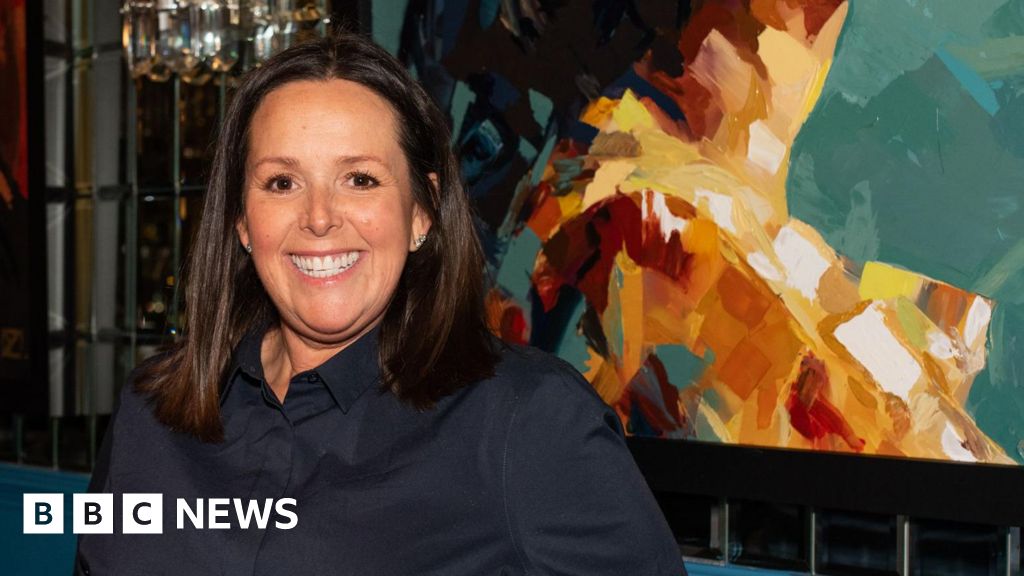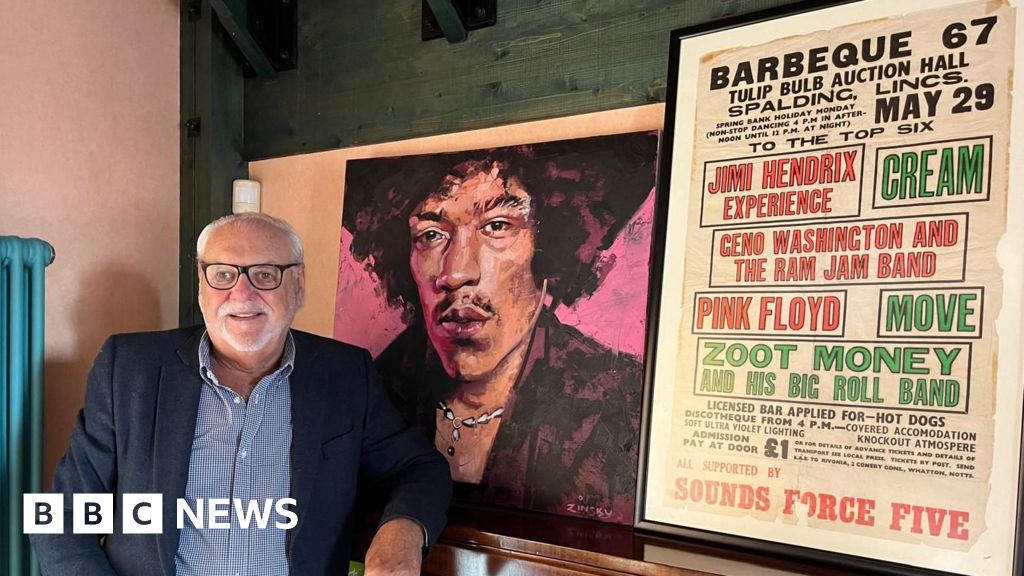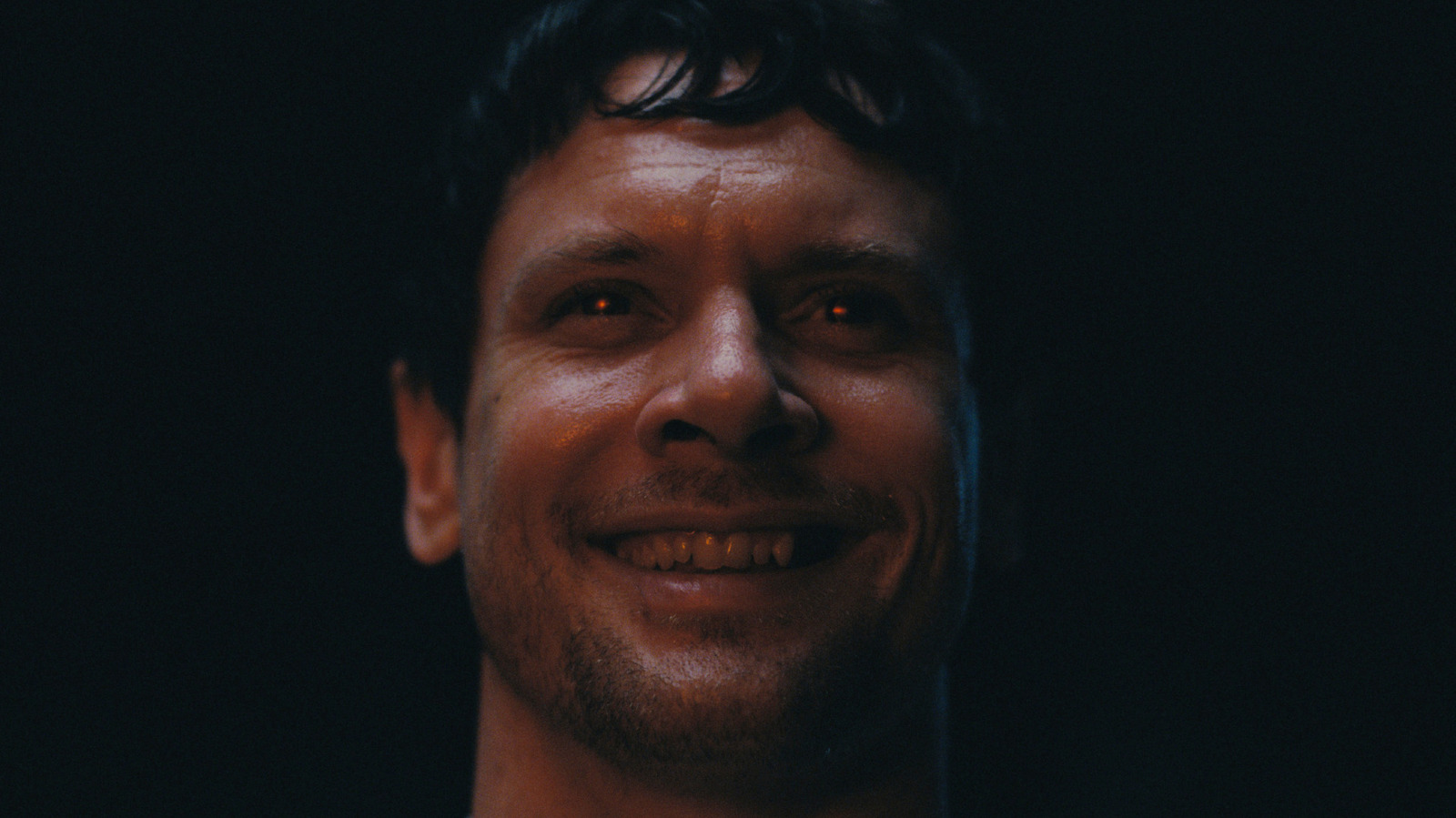London 'Inaccessible' to Gen Z, Claims Film Director Sasha Nathwani

London – Sasha Nathwani, the director behind the poignant new film Last Swim, has expressed concern that the vibrant city he once knew has become increasingly inaccessible for many young adults of Generation Z. Set in a sweltering London over a single day—specifically A-Level results day—the film showcases the journey of Ziba, an ambitious 18-year-old British Iranian girl, portrayed by Deba Hekmat. As Ziba and her friends savor a fleeting day of freedom, they are also faced with significant life choices and heart-wrenching farewells as they prepare to part ways after school.
Nathwani shared his vision for the film with the BBC, stating that while Last Swim was developed by Millennials, its heart resonates with a Gen Z audience. He describes the narrative as a reflection on lost youth, a theme that weighed heavily on the script, which he co-wrote with producer Helen Simmons during the peak of the Covid-19 pandemic. Although filming took place after lockdown restrictions had eased, the screenplay was shaped during a time of uncertainty where young people's formative years were dramatically altered.
“This is not just a pandemic film,” Nathwani clarified. “However, it was born out of a period when young individuals worldwide were having crucial experiences stripped away from them. I vividly recall observing young people in parks, wondering how they were coping with such sudden changes. Many lived with their parents, and they had only a short time together; the next day the world could open up or shut down once again.” He posed a compelling question, “If you had one day to reclaim your youth, how would you spend it?”
As he reflects on the current state of youth, Nathwani expresses his belief that the challenges young people face today have intensified since the pandemic. “When we were in the thick of writing, I felt a growing tension in the world, and now as the film reaches audiences, it appears that matters may have deteriorated further,” he remarked. “When I was 17 or 18 years old in London, the city felt achievable. Opportunities were accessible, but now I struggle to understand how a young person could enjoy a single day of freedom without facing overwhelming financial strain.” He pointed to the ongoing cost-of-living crisis, noting that the soaring costs combined with limited opportunities create a daunting landscape for the younger generation. Education, he lamented, has become increasingly challenging due to its rising costs, restricting access for many.
A recent 2023 study conducted by Oxford University illustrated a concerning trend: the mental health of young individuals deteriorated during the UK's three Covid-19 lockdowns compared to a similar study conducted prior to the pandemic. Furthermore, data from the Office for National Statistics (ONS) revealed that approximately one in seven young people aged 16 to 24 were neither in work, education, nor training during the final quarter of 2024. Findings from the King's Trust charity, published in February 2025, indicated that the majority of those surveyed within the 16-25 age group experienced daily anxiety regarding their futures.
Most members of the cast in Last Swim are part of Gen Z, with notable performances from Narges Rashidi, who plays Ziba's mother, alongside the lead actress Hekmat, who was just 21 at the time of filming. Hekmat shared her sentiments, stating, “As a generation, we have faced numerous challenges, yet we have also experienced significant losses. My heart especially goes out to my brothers, who have just turned 18 and 20; they navigated adolescence during Covid, and combined with the upheaval in their personal and educational lives, it has been a lot to process.”
Filming took place during the UK heatwave of 2022, taking Ziba and her friends through iconic London locations such as Portobello Road, Hampstead Heath, and Primrose Hill, captured via car, bike, and train. Industry publication Screen Daily described the film as being shot with a “touch of guerrilla ingenuity,” adding that it possesses a palpable improvised quality, particularly in the friends’ lively banter. Nathwani embraced this improvisational approach, allowing the young cast some creative freedom to adjust the script for authenticity. He stated, “When depicting young characters, it’s vital to offer them flexibility. If they found a more genuine way of expressing a line, we would adapt the script accordingly.”
“This film showcases genuine Gen Z friendships,” Hekmat asserted. “Sasha believes that his Millennial generation often faced challenges without the understanding of mental health in daily life. However, our generation is unafraid to discuss feelings openly. The camaraderie among our group reflects the way we connect with each other today.”
As independent cinema strives to connect with younger audiences in a post-pandemic world, Nathwani hopes that Last Swim embodies the vibrancy of youth while also delving into deeper emotional and existential challenges. He elaborated, “That transitional phase between school and further education is fascinating because the bonds formed with friends during that time are incredibly tight. Yet, as that summer draws to a close, those connections often begin to fray as life propels everyone in different directions. This is particularly challenging for young people in the UK and around the world in today’s context.”

























